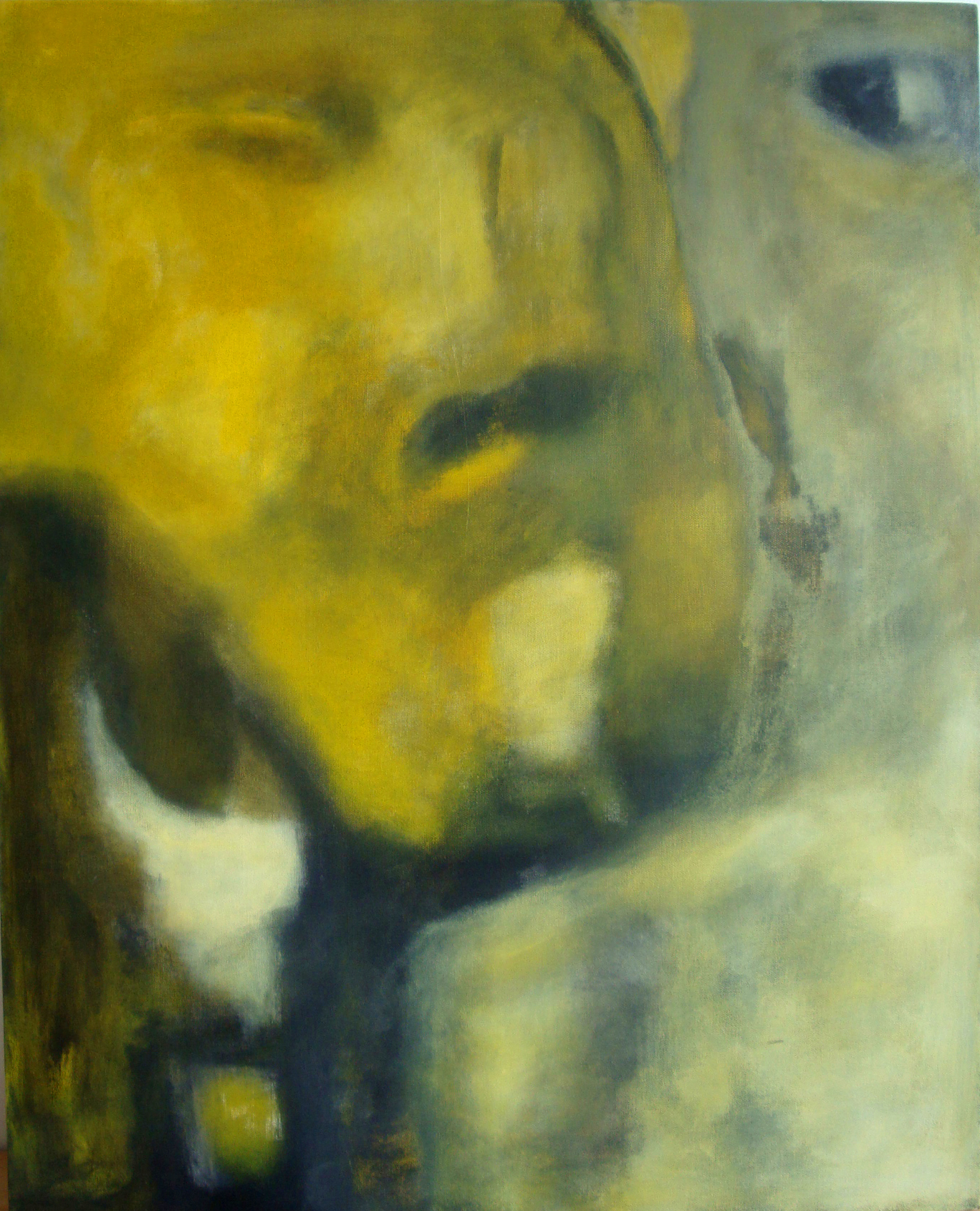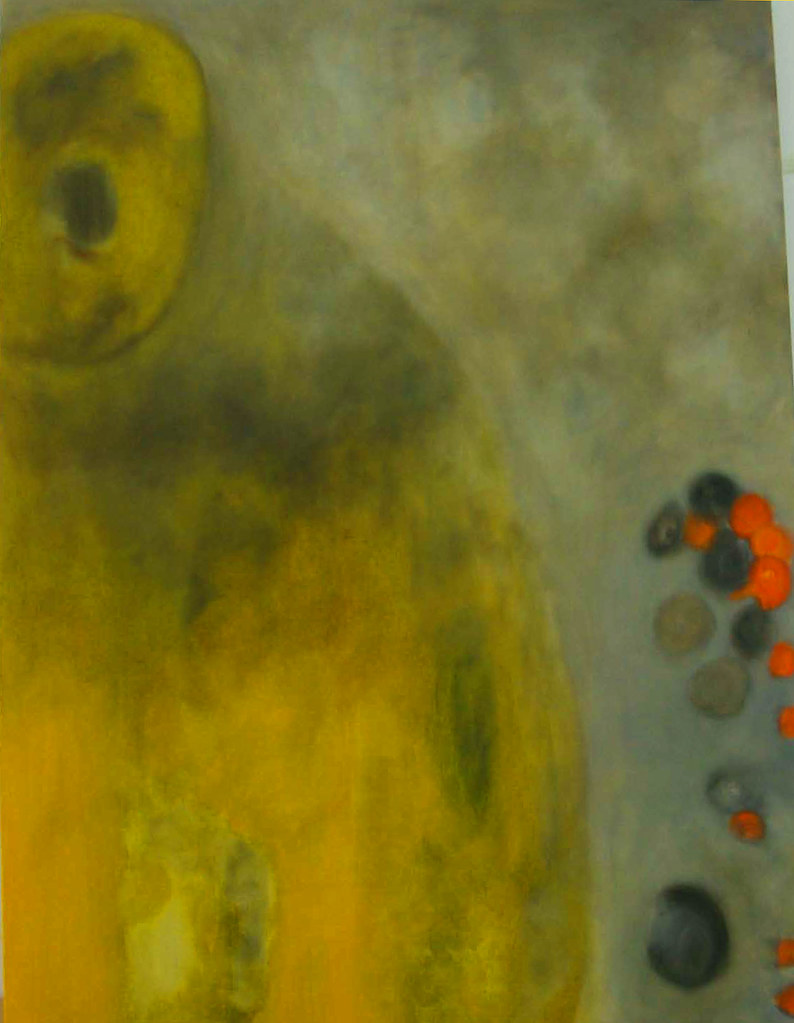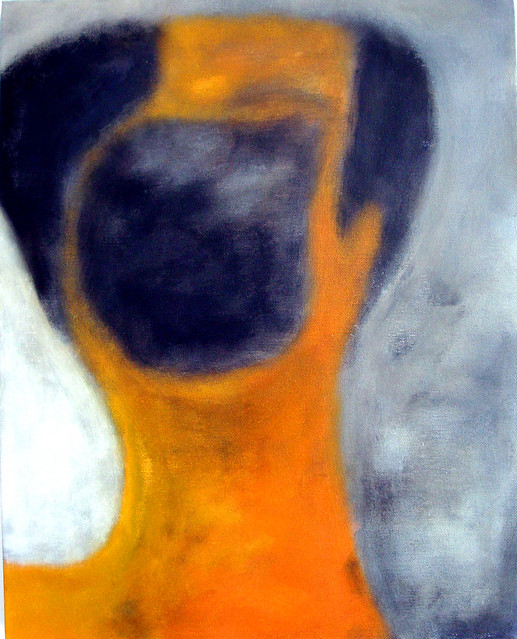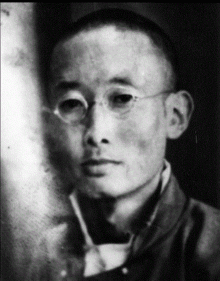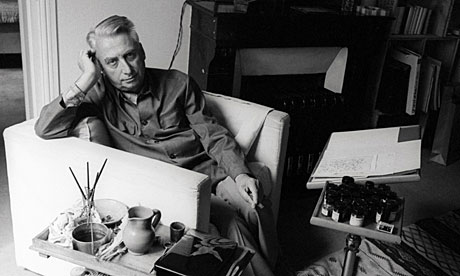selections, trans. by don lopez
In the youth of past, unseen today, there is no aging.
The maiden of the future, still unarrived, lives a human life, ever young.
The meeting of those two in the house of thoughts produced in the present:
This is the seed of all histories in the voices of migrators in the three realms.
དེ་རིང་མི་མཐོང་འདས་པའི་དཞོན་ནུ་ནམ་ཡང་རྒ་བ་ཡོད་མིན་ཏེ།།
ད་དུང་མ་སླེབས་ཕྱིས་ཀྱི་ན་ཆུང་རྟག་ཏུ་དར་མི་ཚེ་ལ་གནས།།
ད་ལྟ་སྐྱེས་པའི་རྟོག་པའི་ཁྱིམ་ན་དེ་གཉིས་ལྷན་ཅིག་འཛོམས་པ་འདི།།
ཁམས་གསུམ་འདྲོ་བའི་སྐད་དུ་བྲིས་པཻ་ལོ་རྒྱུས་ཀུན་གྱི་ས་བོན་ཉིད།།
First kiss the arms and under the arms
Then slowly kiss the belly.
Becoming more intoxicated, kiss the thighs and vulva;
Draw the streams of the channels into the sea.
ཐོག་མར་དཔུང་པ་དེ་ནས་མཐན་ཁུང་དང་།།
དེ་ནས་དལ་གྱིས་ལྟེ་བར་འོ་བྱེད་ཅིང་།།
ལྷག་པར་མྱོས་ནས་བྲལ་དང་བཧ་ག་སྟེ།།
ཡུར་བའི་ཆུ་ཕྲན་མཚོ་ལ་དྲངས་པར་བྱ།།
Seeing this thread of the lightning of language
Connecting strings of body, speech, and knowledge,
The light from the minds of humans of like nature
Creates the sole stream radiating to each other.
With the great familiarity of a long-staying guest
In the snowy realm of Tibet, my borrowed homeland,
I will gather into one place and record
All the scattered ancient terms and latter-day expressions.
རིགས་མཐུན་མི་ཡི་འདྲོ་མའི་སེམས་ཀྱི་འོད།།
ཕན་ཚུན་འཕྲོ་བའི་རྒྱུན་ལམ་ཉག་གཅིག་དེ།།
ལུས་ངག་རྣམ་རིག་སྲད་བུ་ཟུང་འབྲེལ་བའི།།
ཐ་སྙད་གློག་གི་སྐུད་པ་འདིར་མཐོང་ནས།།
གཡར་པོའི་ཕ་ཡུལ་གངས་ཅན་བོད་ལྗོངས་སུ།།
རྒྱུན་རིང་གནས་པཻ་མགྲོན་ལ་རྒྱུས་ཆེ་པའི།།
གནའ་བོའི་བརྡ་དང་ཕྱིས་ཀྱི་ཐ་སྙད་ཀུན།།
ཐོར་བུ་སྡེབ་ཏུ་བསྡུས་ཏེ་བྲི་བར་བྱ།།




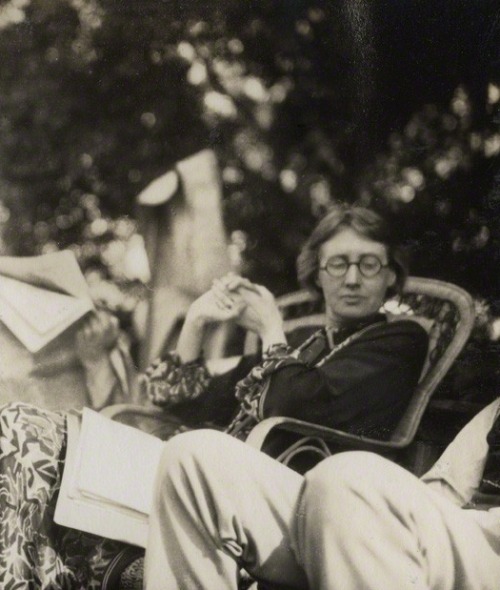






%20of%20KO0006.jpg)



